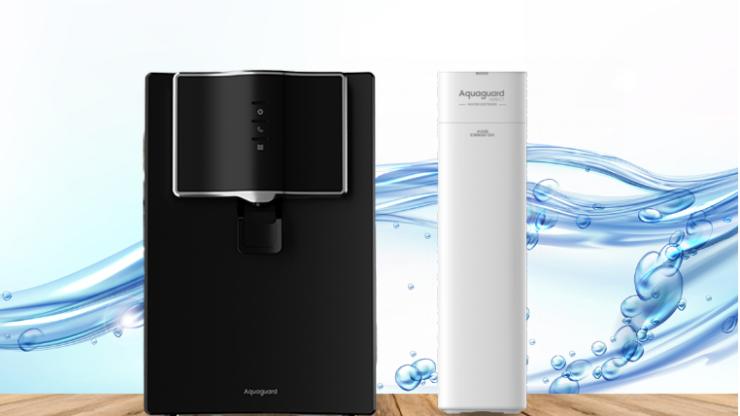When it comes to your family’s health, the quality of your water is critical. The terms “water softener” and “water filtration” are often used for cleaner and less harmful water. Understanding the key distinctions between these two technologies is essential for making an informed decision about your water requirements.
Water softeners are designed to reduce water hardness, which is characterized by high levels of calcium and magnesium ions, whereas water filtration systems are designed to remove pollutants, contaminants, and particles from water.
Water Softeners
The best water softener targets hardness, defined by excessive amounts of calcium and magnesium ions in the water. These minerals can cause hair fall, corrosion on appliances, scale formation on tiles, rough skin, stains on bathroom fixtures, and faded clothes.
Water softeners use an ion exchange process. The softener contains sodium ions. Calcium and magnesium ions are exchanged for sodium ions as hard water flows through it, effectively softening the water. The Aquaguard Select AWS C-2500 DX Water Softener by Aquaguard is a fully automatic water softener for independent homes with advanced ion-exchange technology to soften water with a hardness of up to 1850 ppm. It will get rid of hard water which may cause hair fall, dry itchy skin, and stains on sinks, bathroom fittings, and appliances, and save on detergents and soaps.
Advantages of Water Softeners-
- Water softeners aid in reducing the stains on bathroom fixtures or scale formation on tiles caused due to hard water
- Softened water is softer on the skin and hair, making it feel smoother
- Appliances such as water heaters and dishwashers have longer lifespans when hard water corrosion is tackled
The Aquaguard Select AWS C-3500 DX Water Softener is a great fully automatic water softener with advanced ion-exchange technology to soften water with a hardness of up to 2050 ppm. Get rid of hard water which may cause hair fall, dry itchy skin, and stains on sinks, bathroom fittings, and appliances, and save on detergents and soaps.
Water Filtration
Water filtration systems are designed to remove pollutants, contaminants, and particles from water. To improve water quality, these systems use various technologies such as activated carbon, sediment filters, and membranes.
Water filtration systems sometimes use numerous stages to treat different sorts of pollutants. For example, Aquaguard Marvel NXT RO+UV+MTDS+Alkaline water purifier comes with a multi-stage purification. I-Filter removes fine suspended particles such as dust, dirt, mud, and sand from water. Chemi-Block and RO membrane, on the other hand, removes chlorine and organic impurities from the water and disease-causing bacteria and viruses respectively. The UV E-Boiling disinfects the water and provides you with water as safe as boiled water. The Alkaline Cartridge instantly increases the pH and makes water alkaline and the TDS Regulator adjusts the TDS of purified water to provide healthy water always.
Advantages:
- Water filtration systems can target a wide range of contaminants, including chemicals, sediments, and microbes
- By removing unwanted elements, water filtration improves the flavor and odor of water.
- Effective filtration removes potentially dangerous impurities, resulting in safe drinking water.
Conclusion
Your water concerns will determine whether you should use a water softener or a water filter system. If hardness is the main problem, a water softener may be the best option. A water filtration system, on the other hand, maybe more appropriate if you are seeking a comprehensive approach to water quality improvement.
Aquaguard offers a wide range of water purifiers and water softeners that cater to your specific needs and requirements.






